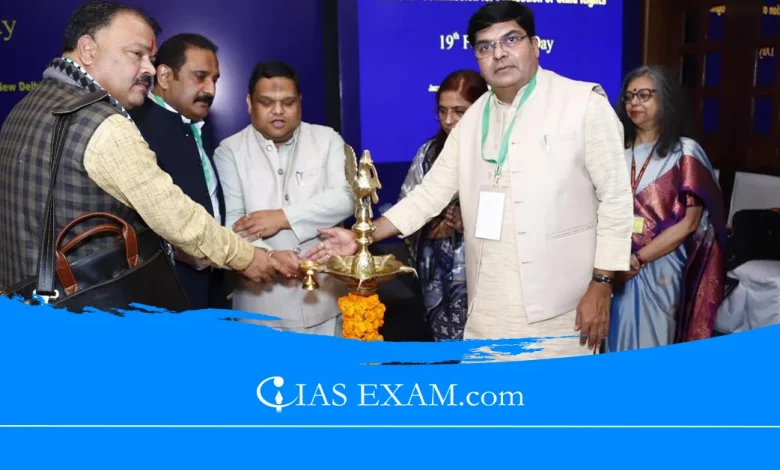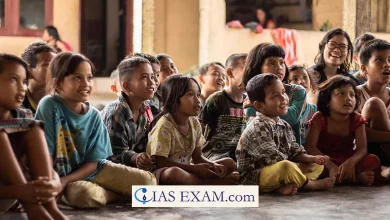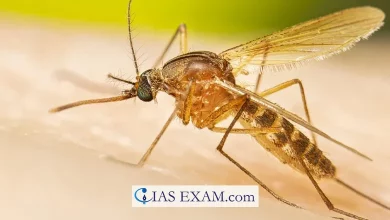
Context
The National Commission for Protection of Child Rights (NCPCR) has recently celebrated its 19th Foundation Day.
Key Highlights
- National Commission for Protection of Child Rights (NCPCR) was established in 2007 beneath the Commission for Protection of Child Rights Act, 2005.
- The commission’s mandate is to ensure that all laws, regulations, programs and administrative structures comply with the vision of the rights of the child as enunciated in the Constitution of India as well as the United Nations Convention on the Rights of the Child.
- A child is described as someone falling in the age group of 0 to 18 years.
Functions of NCPCR
- NCPCR is continuously broadening the variety of activities that can be undertaken including developing new techniques for better tracking, developing step-by-step processes to enable the authorities to carry out their duties.
- It also consists of preparing policy frameworks, using digital technology for improving the monitoring process, undertaking research studies, and first hand investigation on matters of serious nature.
What rights do Children Have?
- Child rights elaborate upon the do’s and don’ts of dealing with children and matters related to them.
- These needs or necessities of children were extensively divided into four areas or categories- survival, development, protection and participation.
Constitutional Rights of Children in India
- The Constitution of India guarantees all children positive rights those encompass:
- Right to free and compulsory basic education for all children within the 6-14 yr age organization (Article 21 A).
- Right to be covered from any hazardous employment till the age of 14 years (Article 24).
- Right to be covered from being abused and pressured by economic necessity to go into occupations unsuited to their age or power (Article 39(e)).
- Right to identical possibilities and centers to develop in a healthy way and in conditions of freedom and dignity and warranted protection of youth and young people towards exploitation and towards moral and fabric abandonment (Article 39 (f)).
India have following major Acts for children
- Protection of Children from Sexual Offences Act, 2012
- Juvenile Justice (Care and Protection of Children) Act, 2015
- Rights of Children to Free and Compulsory Education (RTE) Act, 2009
- Child Labour (Prohibition and Regulation) Amendment Act, 2016
- Prohibition of Child Marriage Act, 2006
- Pre-Conception and Pre-Natal Diagnostic Techniques (Prohibition of Sex Selection) Act (PCPNDT) Act, 1994.
United Nations Convention at the Rights Of The Child
- Applies similarly to both girls and boys up to the age of 18, even supposing they’re married or already have children of their own.
- The conference is guided by the standards of ‘Best Interest of the Child’ and ‘Non-discrimination’ and ‘Respect for views of the child.’
- It emphasises the significance of one’s own family and the need to create an environment that is conducive to the healthful increase and improvement of children.
- It obligates the state to respect and make sure that children get a fair and equitable deal in society.
Source: PIB
UPSC Mains Practice Question
Q.Child labour deprives children of their right to go to school and reinforces intergenerational cycles of poverty Comment.





.png)



